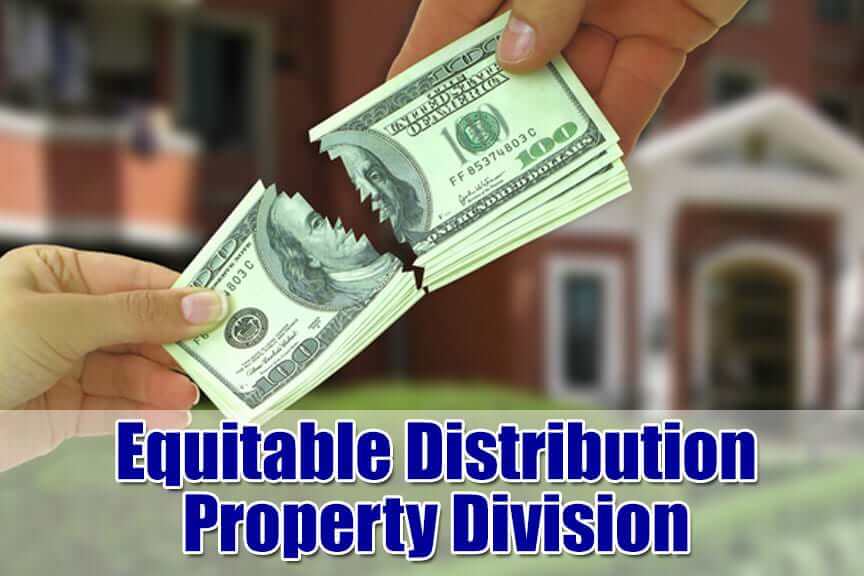Property Division, Long Island, NY
Protect Your Assets in Your Divorce through Equitable Distribution Contact Us for a Free ConsultationCall 631-923-1910
What is Equitable Distribution in a Long Island Divorce?
The division of marital property is perhaps the largest issue in most Long Island divorces. Courts on Long Island are governed by the laws of the State of New York, which provides guidelines for how marital property is to be divided during the divorce proceedings. These rules are known as Equitable Distribution.
Marital Property Is NOT Always Split 50/50
Simply put, New York courts use the equitable distribution doctrine in an attempt to divide marital property fairly and equitably. This does not always mean that each party receives 50 percent of the marital assets. Instead, the courts use many factors in order to determine the most fair and reasonable distribution of the marital property.
What is Marital Property & How Do I Get My Fair Share?
- cash
- bank accounts
- retirement accounts (such as pensions & 401-Ks)
- securities
- notes and mortgages held
- stocks and stock options
- contracts
- broker’s accounts
- business interests
- accounts receivable
- interest in trusts
- real property
- household furnishings
- antiques & collectibles
- jewelry
- automobiles, motorcycles, boats, etc.
- disability pensions
- judgments held
- causes of action at law
- patents and trademarks owned
- the amount and sources of income at the time of divorce filing;
- the property of each spouse at the time of divorce filing;
- any pre-nuptial agreements;
- duration of the marriage;
- the age and health of each spouse;
- who will be the custodial parent;
- any alimony award;
- the potential financial needs of each spouse;
- the potential future earnings of each spouse; and
- the amounts necessary for support, maintenance, education, and general welfare of the child or children
How Do Long Island Courts Decide Who Gets What?
What Is Separate Property & Can I Keep My Own ‘Stuff’?
What If My Spouse Cheated?
Generally speaking, Long Island courts consider the totality of the circumstances in determining the distribution of the marital estate. The courts generally do not consider marital misconduct or fault, and typically do not punish or reward either party, so if you thought you would get more of the assets of the marriage because your spouse was unfaithful, that’s usually not the case. However, if a party has acted in a way to intentionally destroy or depreciate the marital property in an attempt to deprive the other party of some benefit, this will be viewed unfavorably by the Court and will be given consideration when determining the apportionment of property.
How Do the Debts of One or Both Spouses Come Into Play?
How To Ensure Your Divorce Distribution is Equitable
As experienced Long Island Divorce attorneys, we can assist you in determining your property rights and negotiating for your best interests during your divorce. We will assess your rights and responsibilities in your divorce, and can help to ensure that you receive everything you are entitled to under New York State law. The Office of Hornberger Verbitsky, P.C. provides free consultations to discuss your options. Contact our friendly Client Services Director at 631-923-1910 to schedule yours.
For more information about Property Division in your divorce, visit our Complete Guide to Dividing Property in Divorce.
SCHEDULE YOUR FREE CONSULTATION TODAY
Call 631-923-1910 or fill in the form below
At your meeting, your attorney will evaluate your case and describe the many options available to you so we can determine together which is the right solution for you. By the end of this meeting we’ll all understand how we can best help you to move forward.
No Cost or Obligation
There is no cost or obligation for this initial consultation. It is simply an opportunity for us to get to know each other, evaluate your case and answer your questions.